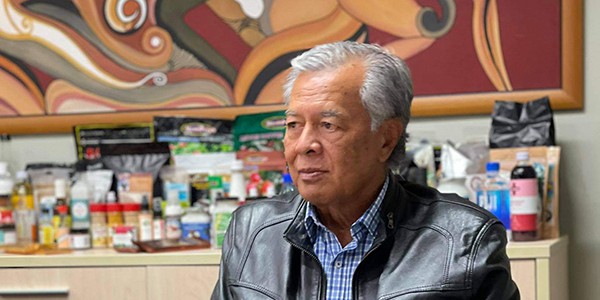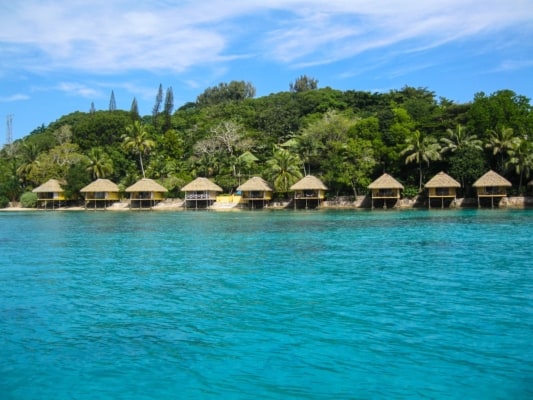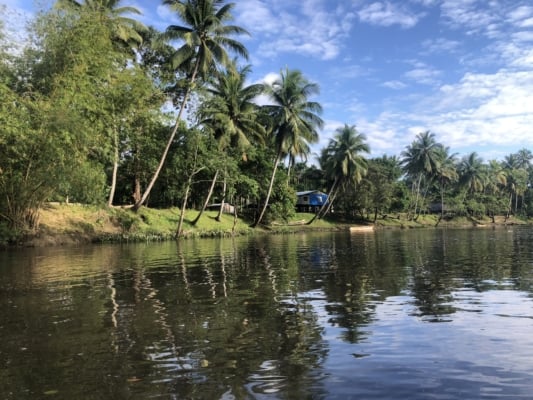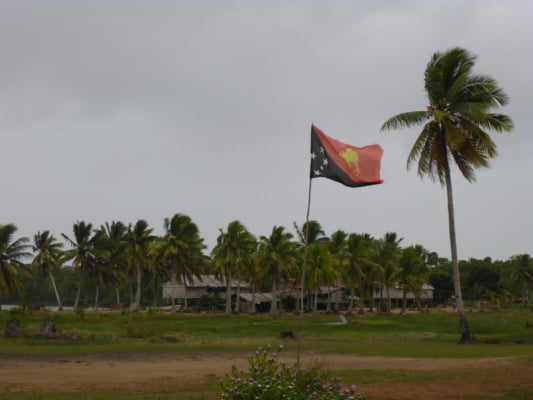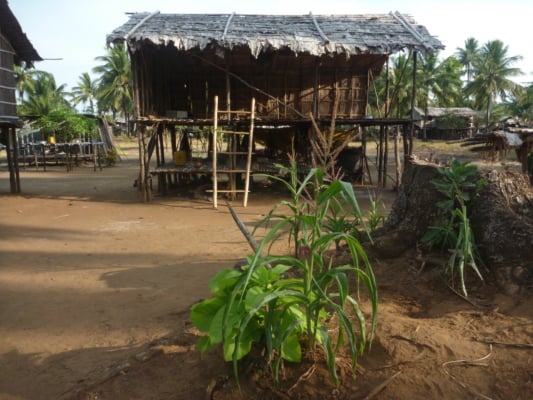The post ‘Managing Leadership for Pacific Regionalism’ first appeared in Islands Business Magazine on May 2021.
If there was a time when leadership was critical for Pacific regionalism, it would be now. A new Secretary General (SG), former Cook Islands Prime Minister, Henry Puna, is taking over the rein of the Pacific Islands Forum Secretariat (PIFS). But the organisation, Pacific Islands Forum (PIF) he will manage, is weakened by the withdrawal of five Micronesian members following Puna’s election to the position. There is however the prospect of the return of the aggrieved five should the ratification processes in the five countries concerned favour such a return.
The issue of leadership of the Forum has also come to the fore during this period when Forum members are nostalgically reflective about the Forum’s existence in the last 50 years, especially about the able leaders who had graced the early days of Pacific regionalism and to whom the success of regionalism can be attributed.
Having experienced six years of leadership of PIFS and having assessed its specific requirements, outgoing Secretary General, Dame Meg Taylor has identified two leadership qualities essential for Pacific regionalism. Speaking at the Blue Pacific Futures Webinar on 3 November 2020, she said: “Regionalism can only work if we have strong leaders who remain committed to this ideal.”
More recently, in January 2021, in his article ‘The Unfinished Business of PACER Plus’ (see IB January 2021 issue), Professor Wadan Narsey concluded: “More than ever, there is a need for leadership at Forum Secretariat to be more committed to FIC interests.”
In the context that these comments were made, such earnest pleas would apply for both leadership levels – at the technical and managerial level at PIFS and at the political level – the national leaders, immersed in their own nationalistic politics and who double up as regional leaders under Pacific regionalism. Regional politics, in this case, can be heavily and easily subverted by national politics.
Furthermore, Dame Meg herself would have made this remark with a clear understanding of the nature of Pacific regionalism: it is voluntary. This essentially means that national political leaders who make decisions for the region are not legally bound by the decisions they make. However, they can be bound by them otherwise – in the interest, for example, of the countries and fellow nationals they represent that have committed themselves to working cooperatively at the regional level, as a collective for the greater benefit and good for all concerned.
Of the two levels of leadership being addressed here, I have chosen to focus on the latter – political leadership. Leadership at the PIFS level is one that can be better and easily managed. The divisive experience of the last election of the SG is likely to be a twist of fate which can open doors for self-analysis that will introduce fairer and a more transparent selection processes for the SG. That will ensure unity within the membership and can also bring about long-term solidarity. That can translate to members’ qualitative expectations that will drive the appointments of new qualified and politically-neutral SGs in future elections.
The requirements for political leaders for Pacific regionalism to be both strong and committed can be a hit and miss affair. A strong and committed political leader at the national level and who can be zealous, forceful, cogent and persuasive can turn out to be an obstructionist and interventionist at the regional level. This can happen if a leader wishes to exert his/her influence that is heavily tainted with political economy, ethnic or geopolitical considerations. In such case, Pacific regionalism would be undermined.
On the other hand, a national political leader who is committed and benefits from consistently high voting results in national elections may not have the time and aspiration to become immersed in regional issues, since the latter does not win elections.
Such has been the case in Pacific regionalism for the last 50 years. Consequently, one is likely to see significant implementation gaps of regional issues at the national levels.
The free trade agreement, Pacific Island Countries Trade Agreement, PICTA, for example, was signed in 2001 and came into force in 2003. But implementation was delayed until 2007. In 2020, only seven Pacific Island Countries (PICs) were trading under the agreement. There has not been any announced improvement in the number of implementing countries since then.
PICTA was intended to bring about the formation of an economic union that the foundation regional leaders had identified way back in 1971. Essentially, Pacific regionalism has been grappling with this one issue for the last 50 years! And there is still much work to be done by PICs!
Clearly, expectations for strong and committed political leadership by national leaders are to be sought by other means. I submit a proposal below for consideration by PICs.
At the national level, the two principal interlocutors for Pacific regionalism are the offices for Foreign Affairs and that of the Head of Government. It is suggested that they establish a consultation group between the two offices. Selected officers of the two offices are the permanent members of the group. At critical times, both the Minister of Foreign Affairs and the Head of Government are to be present for updating and preparation for regional meetings.
The consultation group should also operate on the basis of a ‘whole of government approach’, when necessary, as a means of involving other government and non-government players to cover issues that fall outside the purview of the permanent members of the group.
The group should operate on the basis that even though Pacific regionalism is voluntary, there is a deep sense of commitment on the part of members to cooperate and integrate their respective economies and polities, not only because our geography demands it but especially because through our collective efforts, we can increase the benefits to all concerned than otherwise possible. The benefits and risks for Pacific regionalism need to be documented and copies distributed to all members as essential reading.
The principal role of the group is to ensure that all national leaders who participate in regional issues under Pacific regionalism are fully conversant and fully prepared to participate and effectively contribute at the regional level. It can be envisaged therefore that likely terms of reference for the group would include, inter alia: all aspects of monitoring and evaluation of regional issues; factoring regional issues into national planning and budgetary processes; preparatory discussions for submissions of relevant cabinet and parliamentary papers e.g. on signing and ratification of trade agreements and multilateral declarations; and formulation of feedback to all regional leaders’ and ministerial meetings.
Leadership for Pacific regionalism is critical today. It can make or break all our efforts at regionalism. PICs have no option but to make regionalism the best as we can. Pacific regionalism has been voluntary for the last 50 years and it may continue to be so going forward. Such a scenario makes huge demands on the best resolve of our leaders. We can make things easier for them. We can create and manage formative scenarios at the national levels to enable our regional leaders – existing and prospective, to be strong and committed. Pacific regionalism requires this for the next 50 years.
The author is a former Fijian Ambassador and Foreign Minister and runs his own consultancy company in Suva, Fiji.

